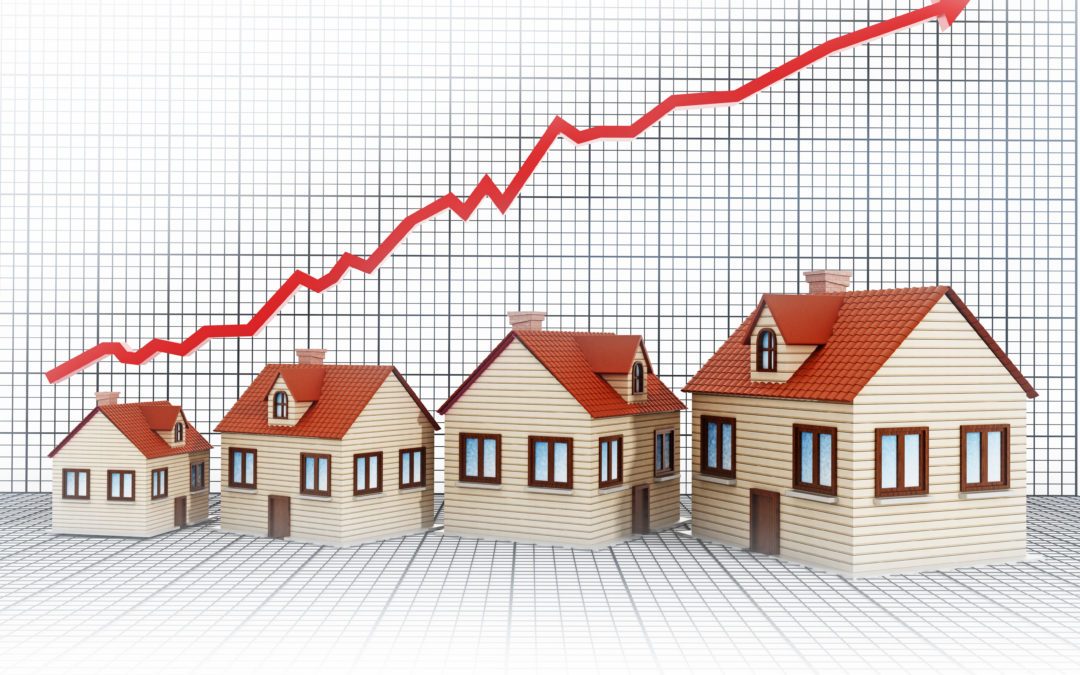A rise in house prices of 4.9% in the past 12 months has helped push Britain’s household wealth to more than £10 trillion.
Research shows that wealth has risen an average £143,059 for every household since 2006 and at a faster rate than the retail price index (RPI).
While the RPI has surged by a third in the same period, household wealth has zipped past to post a rise of 59%.
Although property and financial assets have all performed strongly, homebuyers purchased an extra 183,000 new properties in the last year worth an estimated £431 billion.
These were snapped up by private landlords as well as first-time buyers and movers, says the study by Lloyds Bank.
Wealth locked in property accounts for 42% of all household wealth, while savings and investments make up the rest.
The growth in housing wealth was propelled by a £1.7 trillion rise in the value of private housing stock from £2.6 trillion in 2006 to £4.4 trillion in 2016.
This rise, was driven by growth in average house prices – which were 51% higher than in 2006 – and the number of privately owned homes – which grew by 9% from 21.5 million in 2006 to 23.4 million in 2016.
These figures include buy to let homes, which make up around a fifth of the housing stock.
Sarah Deaves, private banking director at Lloyds, said: “For many, their overall wealth is locked in assets that they hold for the long term like their homes, their pensions, ISAs and investments.
“With rising house and equity prices, net worth has increased substantially in the past decade, growing by £143,000 per household on average. Increasing levels of wealth are clearly positive for households, but with recent changes, like pensions freedoms, it also highlights the increasing importance of proper financial planning, especially as people approach and move into retirement.”




